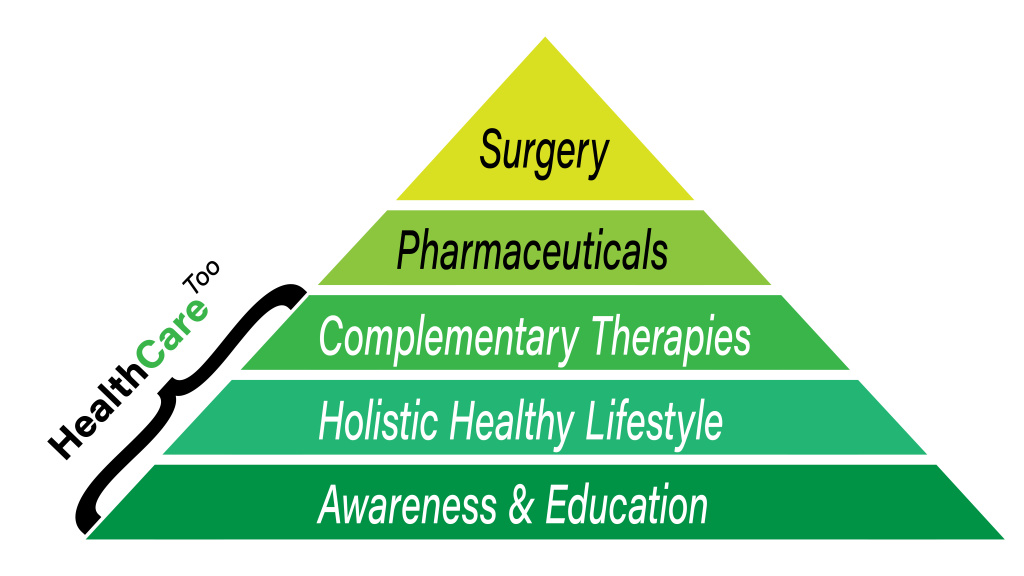Meditation Neuroscience
Meditation neuroscience may be a thing. As more Westerners look to mindfulness practices like meditation, yoga, tai chi, qi gong, and more there is growing opportunity for Western science to play a role. The Modern Lifestyle as well as social determinants have been highlighted as not only the cause to many of our chronic illnesses but also therapeutic answers to those healthcare challenges.
Neuroscientist Sara Lazar, of Mass General and Harvard Medical School, started studying meditation by accident. She sustained running injuries training for the Boston Marathon, and her physical therapist told her to stretch. So Lazar took up yoga.
“The yoga teacher made all sorts of claims, that yoga would increase your compassion and open your heart,” said Lazar. “And I’d think, ‘Yeah, yeah, yeah, I’m here to stretch.’ But I started noticing that I was calmer. I was better able to handle more difficult situations. I was more compassionate and open hearted, and able to see things from others’ points of view.”
Eventually, she looked up the scientific literature on mindfulness meditation (a category into which yoga can fall). She found the ever-increasing body of evidence that shows that meditation decreases stress, depression, and anxiety, reduces pain and insomnia, and increases quality of life.
Source: Neuroscience Shows That 50-Year-Olds Can Have the Brains of 25-Year-Olds If They Do This | Inc.com
You may also be interested in Can 10 Minutes of Meditation Make You More Creative?




